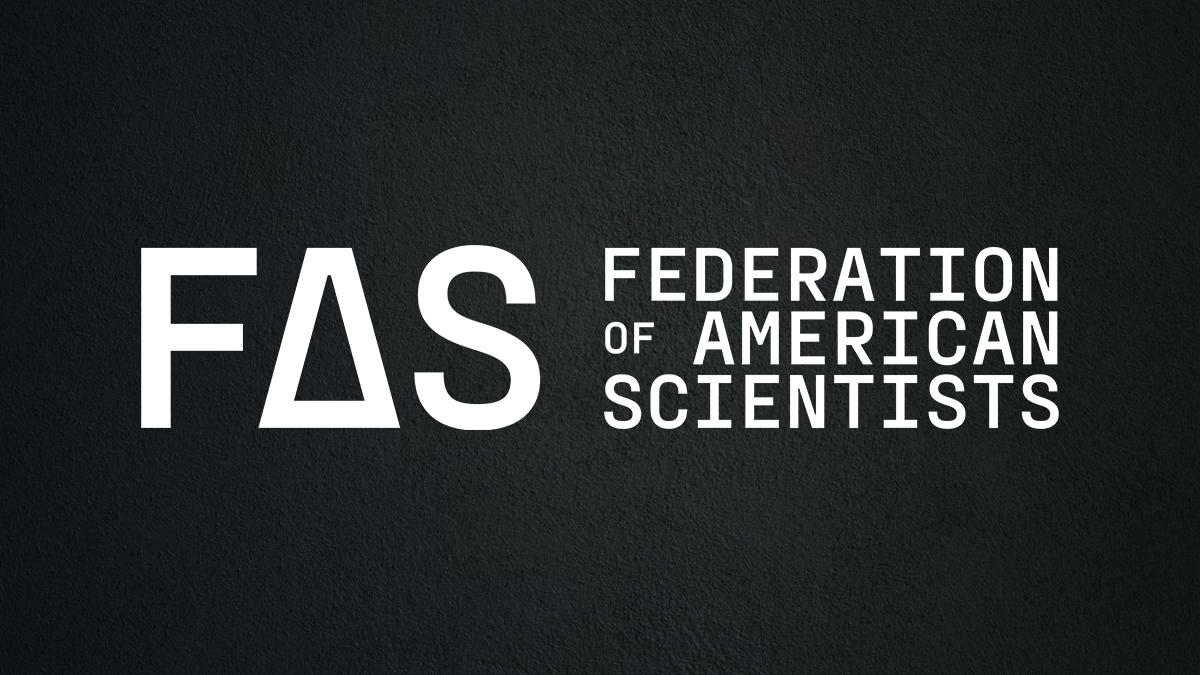
Position On H.R.3738 – Heat Management Assistance Grant Act of 2025
The Federation of American Scientists supports H.R. 3738 of the 119th Congress, titled the “Heat Management Assistance Grant Act of 2025.”
The Heat Management Assistance Grant Act of 2025 creates the Heat Management Assistance Grant (HMAG) Program, a quick release of Federal Emergency Management Agency grants to state, local, tribal, and territorial governments for managing heat events that could become major disasters. This resourcing can be used for responses to extreme heat events, including supplies, personnel, and public assistance. HMAG is modeled after the Fire Management Assistance Grant program, which similarly deploys quick funding to activities that prevent wildfires from becoming major disaster events. The bill also creates a definition for an extreme heat event, which informs subnational leaders on when they can ask for assistance.
“Heat emergencies, such as the 2021 Pacific Northwest Heat Dome and 2024 power outage following Hurricane Beryl in Texas, demonstrate a critical need for government assistance for heat-affected communities. Yet to date, there has been no federal pathway for rapidly resourcing heat response,” said Grace Wickerson, Senior Manager for Climate and Health at the Federation of American Scientists. “The Heat Management Assistance Grant Act of 2025 is a critical step in the right direction to unlock the resources needed to save lives, and aligns with key recommendations from our 2025 Heat Policy Agenda.”
Cities need to rapidly become compact, efficient, electrified, and nature‑rich urban ecosystems where we take better care of each other and avoid locking in more sprawl and fossil‑fuel dependence.
Hurricanes cause around 24 deaths per storm – but the longer-term consequences kill thousands more. With extreme weather events becoming ever-more common, there is a national and moral imperative to rethink not just who responds to disasters, but for how long and to what end.
This year’s Red Sky Summit was an opportunity to further consider what the role of fire tech can and should be – and how public policy can support its development, scaling, and application.
Promising examples of progress are emerging from the Boston metropolitan area that show the power of partnership between researchers, government officials, practitioners, and community-based organizations.